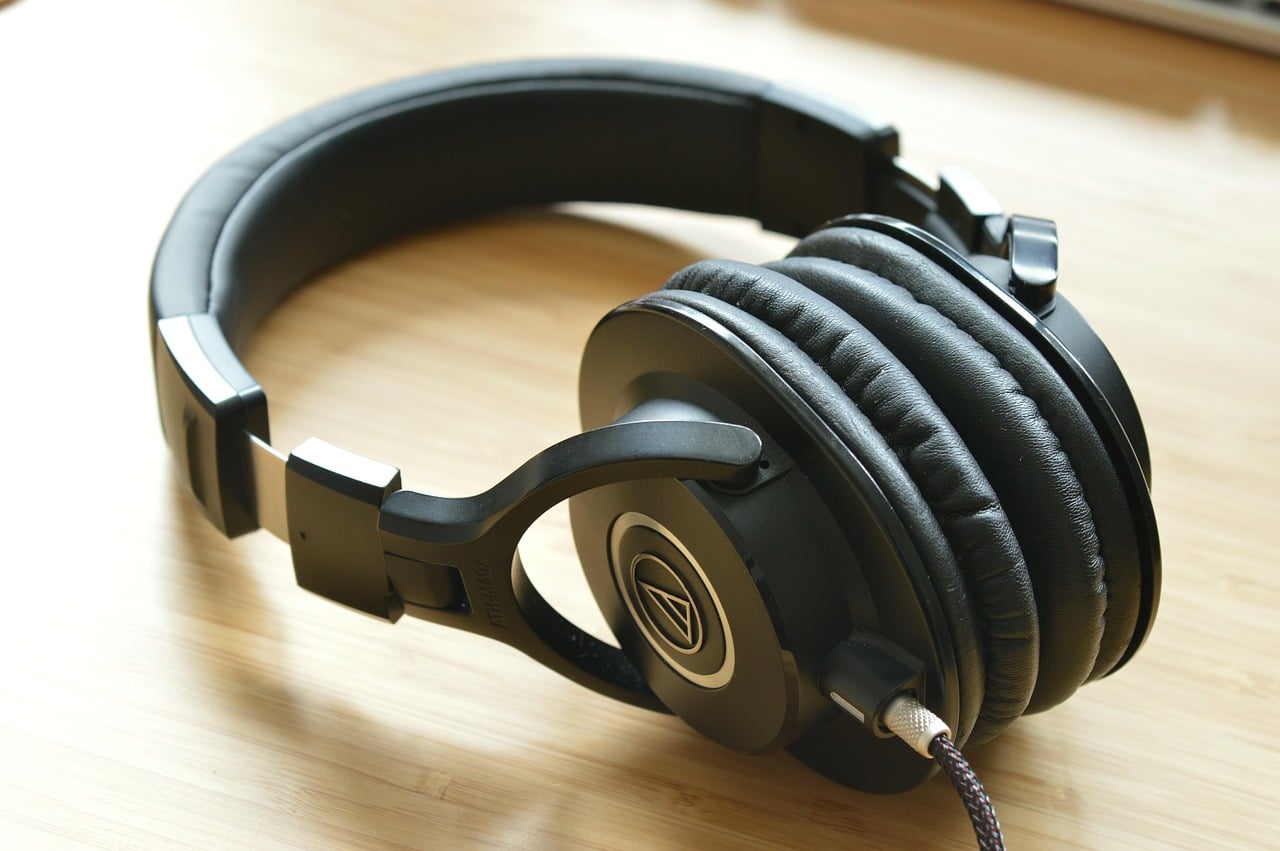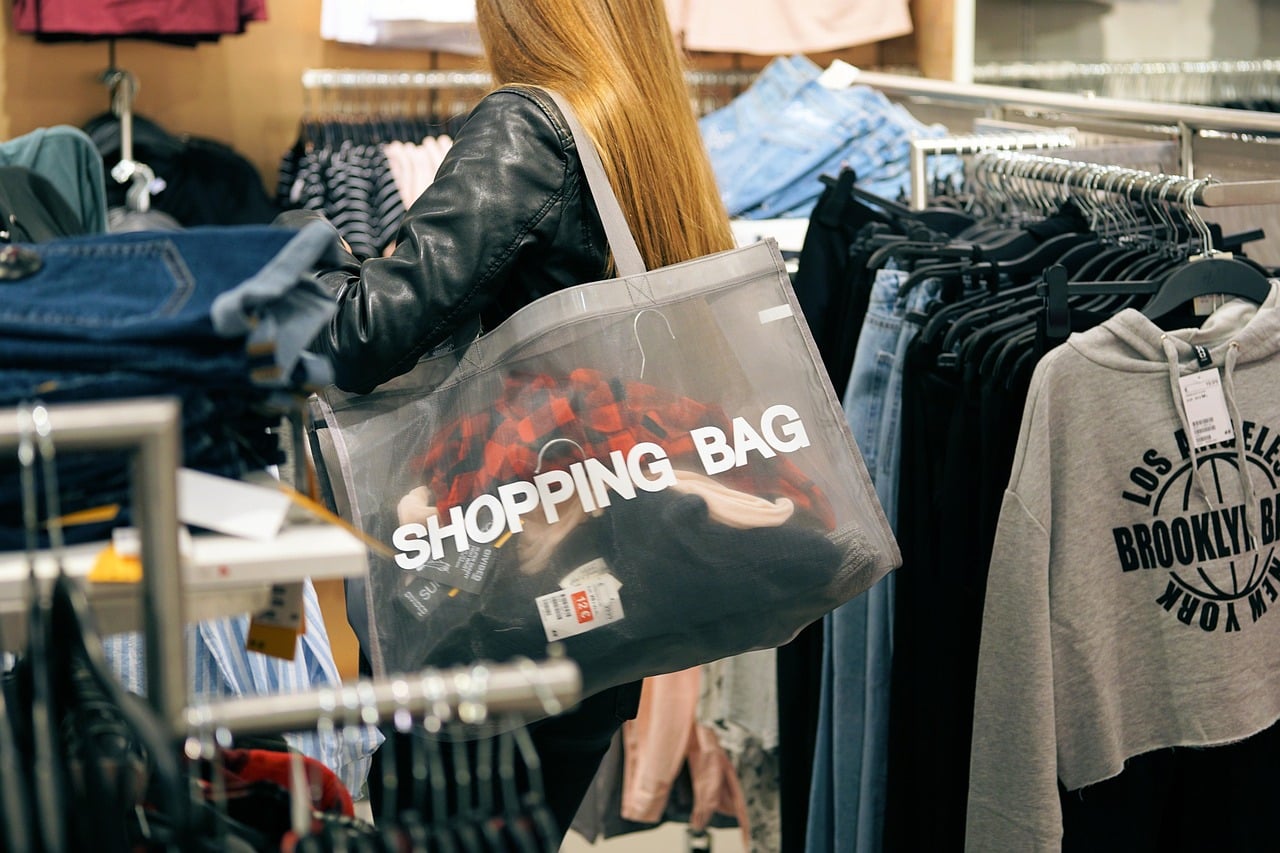In the age of self-checkouts and barcode scanners at every corner, scanning your items has become second nature. It’s fast, efficient, and often more convenient than waiting in line. But just because you can scan something yourself doesn’t always mean you should. Certain products come with rules, restrictions, or risks that make self-scanning a surprisingly tricky affair.
Some items are best left to a trained employee, whether it’s due to legal issues, age verification, or plain old confusion at the register. What seems like a harmless shortcut could turn into a headache involving fines, security, or a visit from a manager. Here’s a list of everyday items that can lead to big trouble if you try to scan them yourself.
Alcoholic Beverages

You can’t just beep a bottle of wine and walk out. Alcohol purchases require age verification, and self-checkout machines automatically flag them. Even if you’re clearly over 21, many states require a store associate to confirm ID in person. Skipping that step or attempting to scan it without help can delay your checkout or trigger a manager review.
In some cases, repeated attempts to self-scan alcohol can be misinterpreted as an intent to bypass age checks. It’s faster to ask for assistance up front. Retailers like Target and Kroger have strict policies in place.
High-Ticket Electronics

That new tablet or pair of wireless headphones might be just what you came for, but it’s also one of the items stores monitor most closely. High-priced electronics are often equipped with anti-theft tags, special SKU codes, or serial numbers that require manual verification. Attempting to scan them yourself could set off alerts or prompt a staff member to re-check your entire purchase.
Many electronics also require additional verification for warranty purposes. The store may need to associate the product’s serial number with your transaction for future claims. Skipping this step at self-checkout can invalidate your warranty, leaving you unprotected if something goes wrong.
Store-Branded Gift Cards

It might seem obvious to self-scan a gift card, but most machines won’t allow activation. That’s because gift cards are essentially digital cash and require a secure process. You may be able to scan the physical card, but it won’t activate without a cashier’s key. Some stores also restrict buying gift cards with store coupons or promotional discounts.
Buying a $100 gift card at self-checkout without activation is like carrying a blank check. For full value and peace of mind, have it rung up at the main register or service desk.
Restricted Over-the-Counter Medications

Pain relievers, allergy meds, and cold treatments might be available over the counter, but many are still regulated. Medications containing pseudoephedrine, for example, fall under federal restrictions due to their potential use in illegal substances. Attempting to self-scan these medicines can raise red flags.
Most stores require an ID scan and a real-time database check for such medications. Skipping this step can not only void your purchase but may also log you into a system that tracks suspicious buying behavior. In some regions, exceeding your purchase limit, even unknowingly, can result in legal scrutiny.
Tobacco Products

Cigarettes, cigars, and vaping products are almost always age-restricted. While they may be stocked near self-checkout, the kiosk will block you from scanning them independently. States vary in how strictly they regulate tobacco purchases, but most require face-to-face ID checks. Even attempting to scan a tobacco item can freeze the transaction.
Retailers like Walgreens and 7-Eleven require staff to approve these purchases regardless of the circumstances. Avoid the awkward pause and get help right away.
Blu-ray or DVD Movies with Age Restrictions

Buying a new movie might feel routine, but if it has an R or MA rating, expect a problem at the self-checkout. Systems are designed to halt scans for any media flagged as age-sensitive. Even if you’re clearly of age, the machine won’t proceed without an override from a staff member.
Retailers do this to comply with parental advisory and content rating guidelines. Ignoring these prompts can delay your purchase or prompt security to check the footage for abuse of the system. If you’re in a rush, this is one scan you’ll wish you hadn’t handed off.
Pre-Weighed or Bulk Produce

Buying from the bulk bin or grabbing pre-weighed fruits and veggies seems straightforward, but small mistakes can lead to significant pricing errors. Self-checkout scales are often sensitive, and mislabeling items, even accidentally, can be seen as an attempt to deceive the system.
Some produce items look similar but carry vastly different price tags. Mixing up organic and non-organic, or using the wrong code, can trigger staff intervention or even accusations of shoplifting. It’s a common trap, especially for shoppers unfamiliar with PLU codes.
Baby Formula

You may not expect baby formula to be a restricted item, but due to its high resale value and history of theft, it’s often locked down in retail systems. Self-checkout kiosks might refuse the scan outright or freeze the screen.
Some stores require staff to unlock the product or enter a verification code manually. If you force the issue, it could be seen as suspicious activity. Even though it’s legal to buy, formula is categorized under loss prevention protocols at many grocery chains. If it’s in your cart, prepare for human intervention.
Firearms or Ammunition (Where Legal)

In places where firearms or ammunition are legally sold in retail stores, scanning them yourself is completely out of the question. These items come with layers of legal red tape, including background checks, age verification, and federal documentation. Any attempt to process such items without assistance is a major policy violation.
Even if you try to scan an accessory or unrelated part, it could be linked to a restricted SKU. In some cases, store security may be notified automatically. When it comes to weapons or ammo, there’s simply no substitute for proper procedure.
Items with Security Tags Still Attached

Some clothing, razors, or high-end cosmetics come with hard or soft security tags that can’t be removed at checkout. You might scan the item fine, but it won’t deactivate the tag. Walking out with an active tag will set off alarms, even if you paid. Worse, it may require proof of purchase in front of other shoppers or store security.
This is especially common at retailers like CVS or Macy’s, where self-checkout is integrated into the fashion and beauty aisles. Staff must remove tags before you leave.
Disclaimer – This list is solely the author’s opinion based on research and publicly available information. It is not intended to be professional advice.
How Total Beginners Are Building Wealth Fast in 2025—No Experience Needed

How Total Beginners Are Building Wealth Fast in 2025
I used to think investing was something you did after you were already rich. Like, you needed $10,000 in a suit pocket and a guy named Chad at some fancy firm who knew how to “diversify your portfolio.” Meanwhile, I was just trying to figure out how to stretch $43 to payday.
But a lot has changed. And fast. In 2025, building wealth doesn’t require a finance degree—or even a lot of money. The tools are simpler. The entry points are lower. And believe it or not, total beginners are stacking wins just by starting small and staying consistent.
Click here and let’s break down how.
5 Easy Steps to Change Any Habit

5 Easy Steps to Change Any Habit
We all click on them with the hope that just THIS time the secret to changing a bad habit or adopting a healthy one will be revealed and we’ll finally be able to stick to that diet, stop that one or ten things that might in the moment make us feel temporarily good but really just make us fat, unhealthy, sad, mad or just frustrated with ourselves.




